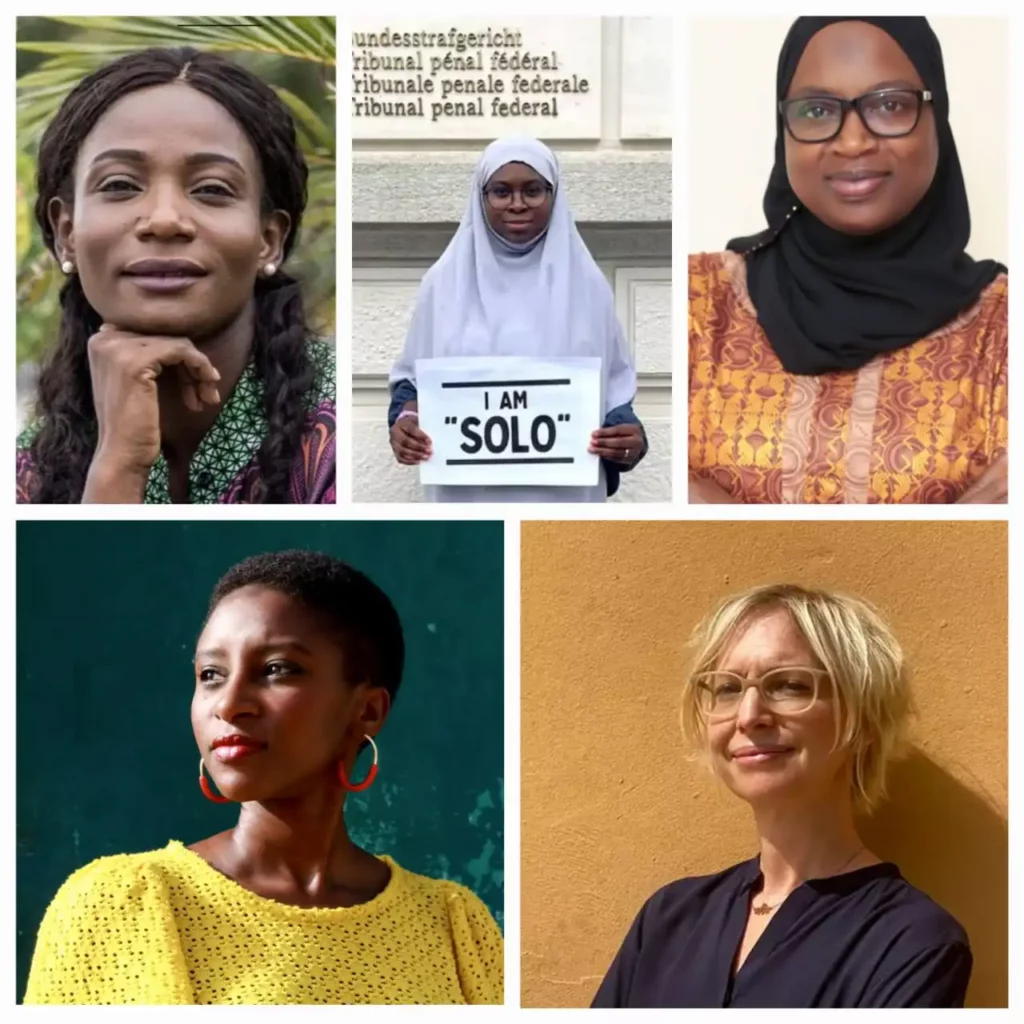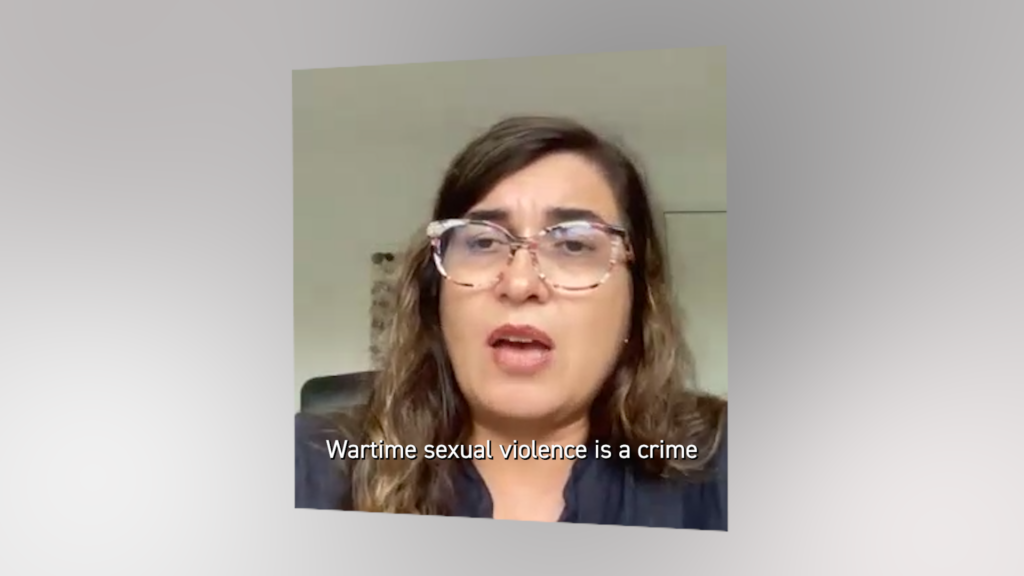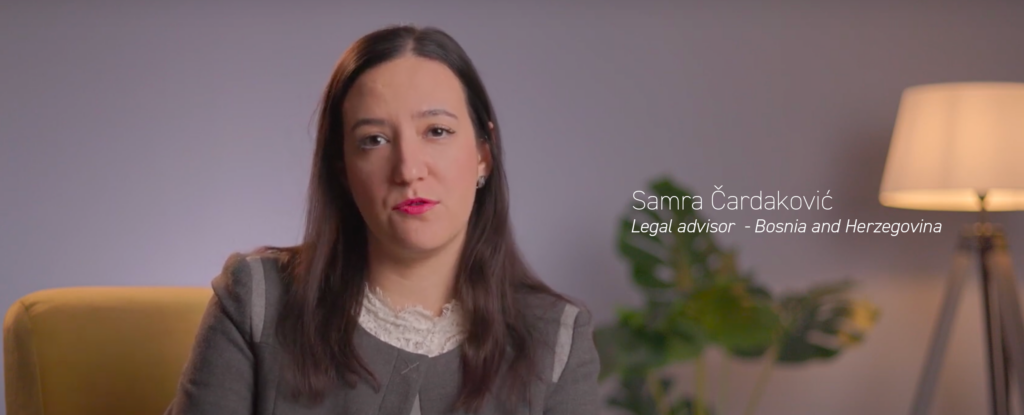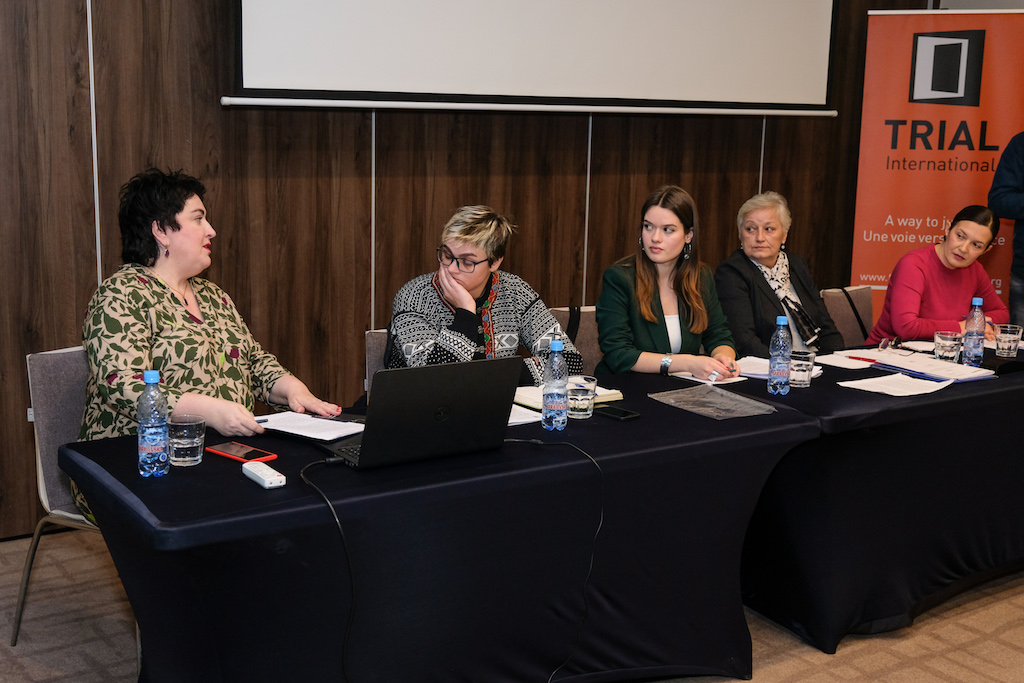Sexual violence in BiH: A new step forward in the right direction
Since March 2021, the Criminal Procedure Code of the Republika Srpska prohibits presenting evidence of the victim’s sexual conduct after the facts. The provision is a new step forward to reducing the stigma imposed on survivors of conflict-related sexual violence, by muzzling attempts to shift some of the blame onto survivors by depicting them as promiscuous.

The decision went almost unnoticed, yet the change that one of the two entities within Bosnia and Herzegovina, the Republika Srpska, introduced to its Criminal Procedure Code in early March 2021 is far from negligible. Courts that deal with cases of sexual violence are now banned from presenting evidence of the victim’s sexual conduct after the facts.
TRIAL International and its partners welcome the decision, having called on the Republika Srpska to adopt the provision since 2018. “There is no place for stigma and stereotypes in courts,” said Lamija Tiro, legal adviser at TRIAL International. “We will continue to fight for these changes to be applied, both at state level and at the levels of the Federation of BiH and the Brcko District.”
Different territories, different legislation
Since the war ended and the Dayton Peace Agreement was signed in 1995, Bosnia and Herzegovina has been a federal state divided into two main entities that are deeply polarized around their inhabitants’ ethnicity: the Federation of Bosnia and Herzegovina on the one hand and the Republika Srpska on the other. Each entity has its own parliament, and laws that apply to their respective territories. Naturally, this means that they have two separate Codes of Criminal Procedure, which are not necessarily the same in all respects. A third and smaller entity, the Brčko district, was created in 2000, out of land from both entities. It officially belongs to both, but is governed by neither.
The war’s victims include an estimated 20,000 women who have suffered rape or other forms of sexual violence. More than 25 years after the conflict ended, many survivors are yet to get justice. Courts in Bosnia and Herzegovina still regularly see cases linked to sexual violence suffered during the war.
Courts are gradually taking stigma into account
Until recently, several sexual violence cases involved defense lawyers attempting to shift the blame onto the victims by presenting details of their sexual lives. This practice is especially stigmatizing. It has traumatized survivors who have been subject to it, and violates international norms. As a sign of a gradual shift toward a less archaic vision, in the last two decades both entities have introduced provisions in their Criminal Procedure Codes that prohibit referring to the victim’s sexual conduct before the facts. The amendment introduced by the Republika Srpska is the next logical step, designed to avoid stigmatizing survivors.
Amending laws in Bosnia and Herzegovina is especially tedious because every step must be taken for each entity. In this particular case, TRIAL International began contacting the Ministry of Justice in the Republika Srpska as early as June 2018. In March 2019, a working group was set up to revise the entity’s Criminal Code. An initiative to conduct a similar revision of the Code of the Federation of Bosnia and Herzegovina is underway.











